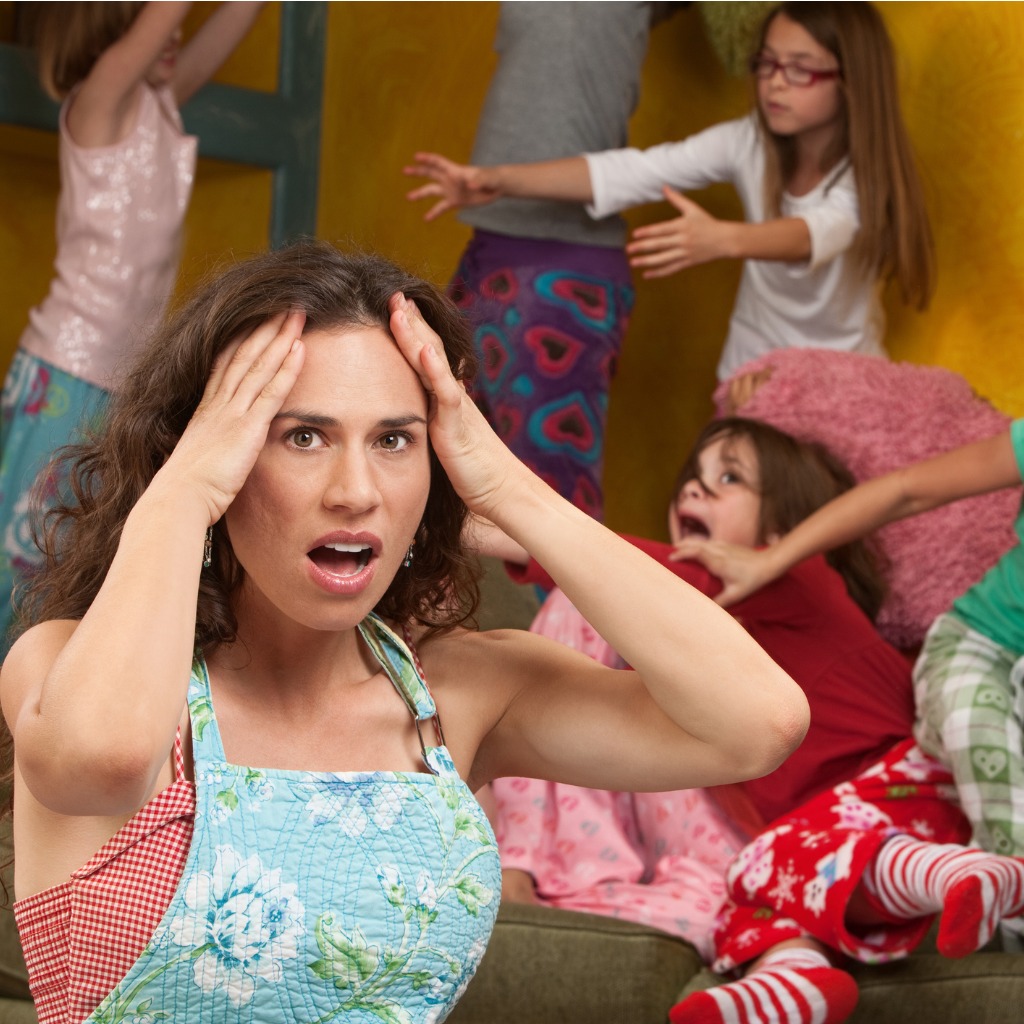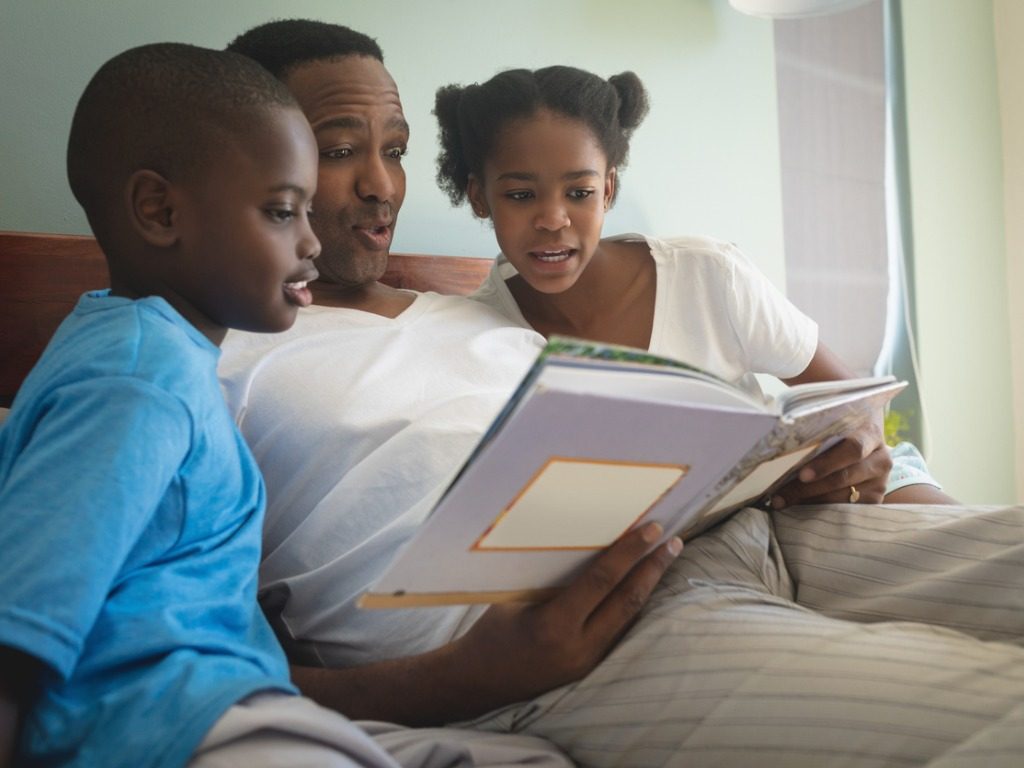Number One Way to Improve Your Child’s Behavior

It’s after 7PM and I’m tossing spaghetti sauce into a pot of pasta. Green beans bubble on the stove, the salad is ready to go, and I holler “dinner time!” to the kids. I’ve been trying to ignore the bickering going on in the next room, but suddenly tempers flare and a scream breaks the fragile peace of our evening. “MOM!!!!”
Sound familiar? By dinnertime the kids are in meltdown and I’m ready to drive south for the nearest beach. But what do we do about it? How do we change the pattern of frustration?
According to the research article, Sleep Duration, Brain Structure, and Psychiatric and Cognitive Problems in Children, just published in Molecular Psychiatry, the answer is pretty simple: SLEEP. Scientists evaluated data from over 11,000 school-age children and discovered that not only were behavior problems correlated with reduced sleep time, but these kids also had lower brain volume.

The National Institutes of Health recommend school age children (age six to twelve years) get 9-12 hours of sleep per night. Yet most adolescents sleep less than eight hours per night, and pre-pubescent children fare little better. Apparently SLEEP is a key ingredient for psychological and cognitive health in children, even as few parents monitor bedtimes and sleep quality for their kids.
Perhaps the solution for a more peaceful evening simply exists in the adherence to a consistent bedtime. The convergence of evidence on sleep quality and correlating cognitive and behavioral characteristics confirm that out kids could sleep their way to better behavior. It will take some getting used to…but its high time we all turned off the lights and got some shut-eye!
MBJ
By Terissa Michele Miller, MS Psy
Check out the original research:


